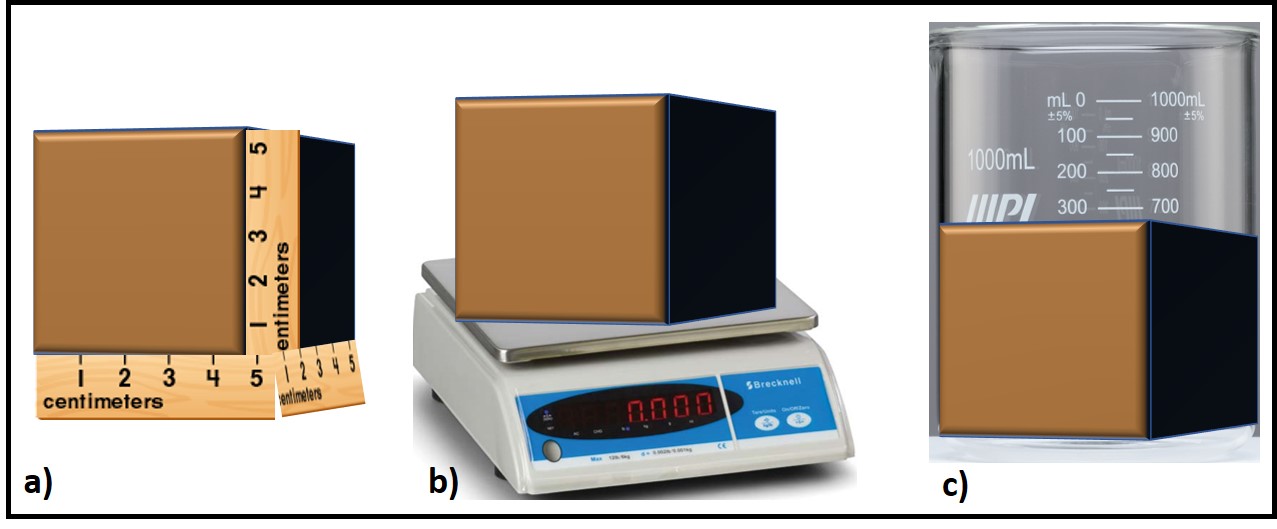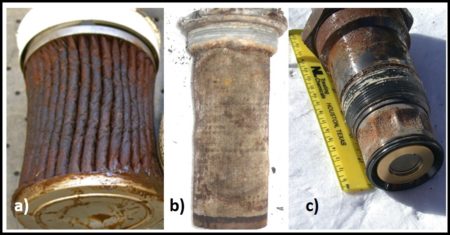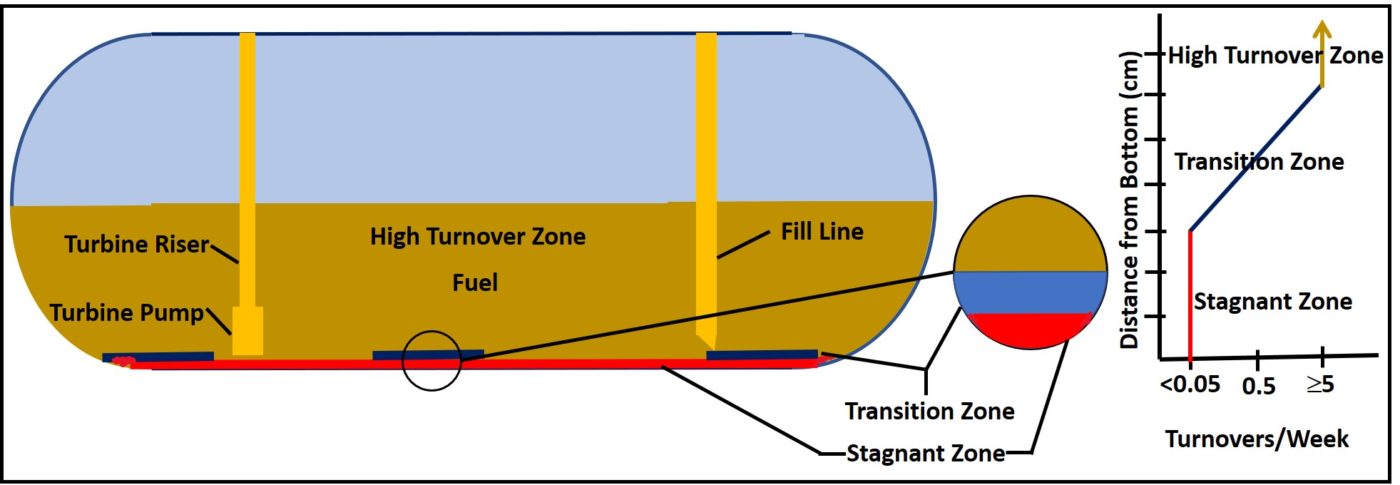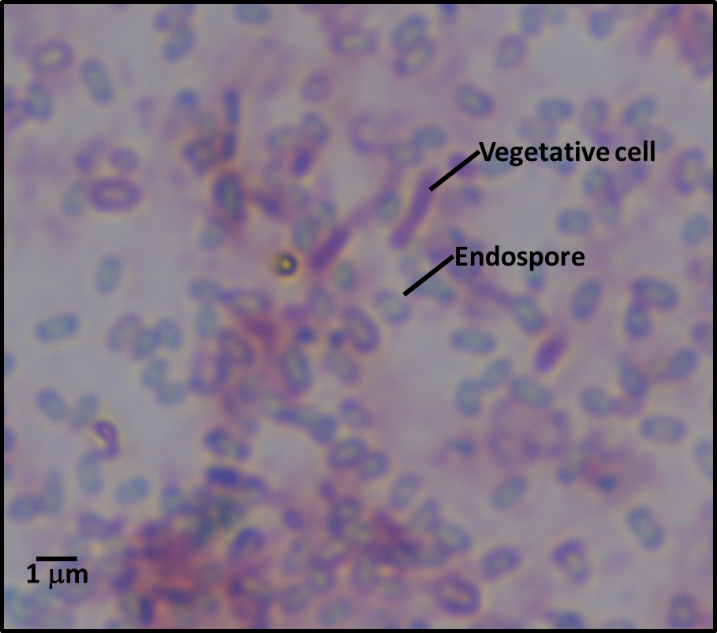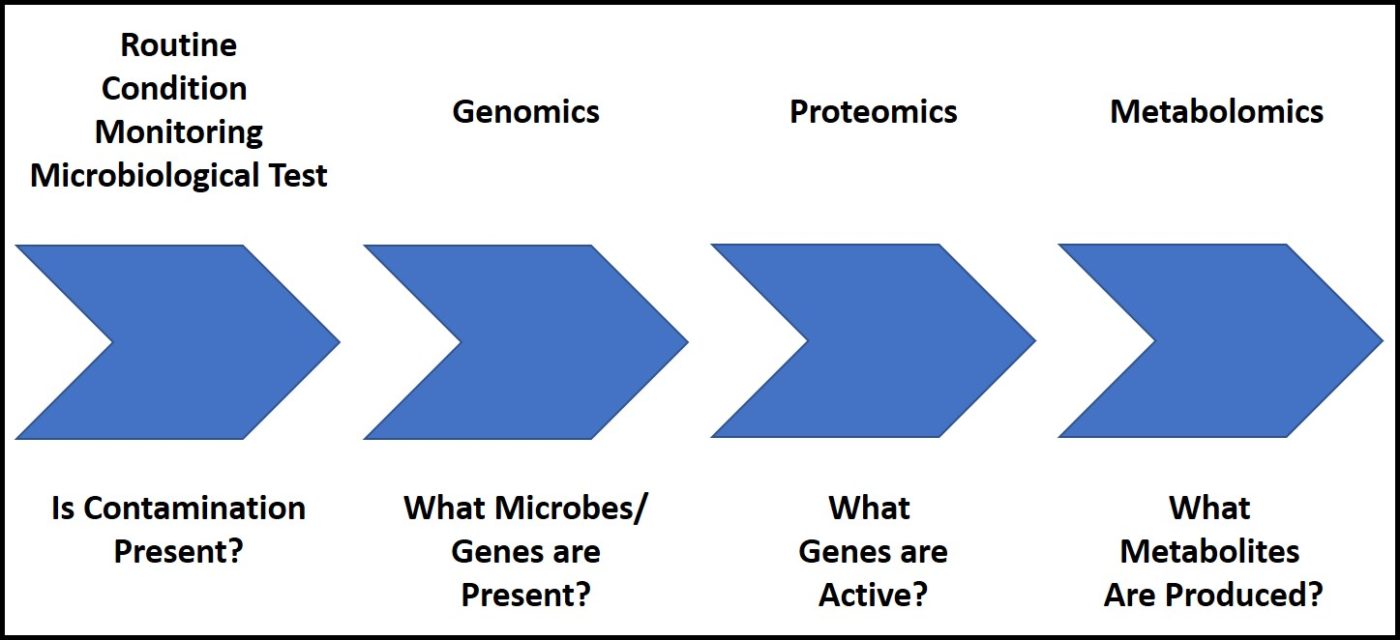
Why do I sometimes detect heavy microbial contamination but no evidence that it is causing problems to my fuel system?
Explanations that I’ve provided in the last three articles provide some of the answers to this question. In this post I’ll address another issue – microbial activity. The various microbiological test methods I’ve described in this blog series have provide information about either whether microbes are present or what sorts of microbes are present. General culture…
READ MORE
